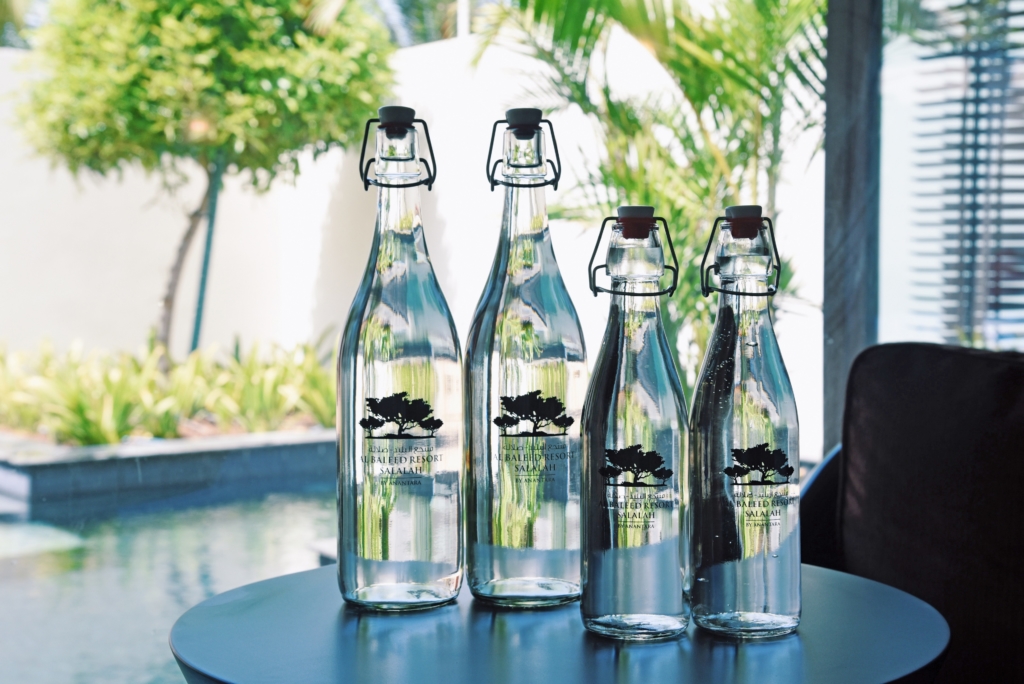Today, plastic pollution, one of the biggest environmental problems facing our planet, deeply affects not only ecosystems but also every aspect of human life. Giant plastic islands floating in our seas, waste that has remained undissolved in our soil for centuries, and even microplastics detected in the air we breathe, reveal the gravity of this global problem. In this critical context, the tourism sector, due to its dependence on natural beauties and a clean environment by nature, is the most affected by plastic pollution and at the same time, it is in a position to play an important role in solving this problem.
Especially hotels, which are an important part of the accommodation sector, can contribute to this problem with plastic waste originating from guest hosting processes, and they can also pioneer a positive change by adopting sustainable practices. As Royal Blue Resort and Residences, we are aware of this responsibility and place sustainability principles at the center of our business model. Through this blog article, we aim to raise awareness on this important issue for other stakeholders in the sector and our valued guests.
While the hotel industry hosts millions of guests every year, single-use plastics, packaging materials and other plastic products used in this process create a significant waste load. Countless products, from shampoo bottles to water glasses, coffee stirrers to slippers, continue to exist for many years by mixing into the environment after a short lifespan. This situation not only leads to the waste of natural resources, but also harms ecosystems, threatens biodiversity and reduces the attractiveness of touristic destinations.
- Growing Environmental Awareness and Consumer Demand:
Increased Understanding of Plastic Pollution: People are increasingly aware of the devastating impact of plastic pollution on ecosystems, wildlife, and even human health. Images of plastic-choked oceans and microplastics entering the food chain have created a strong desire for change.
Demand for Sustainable Practices: Environmentally conscious travelers are actively seeking out businesses that align with their values. They are more likely to choose hotels that demonstrate a commitment to sustainability, including reducing plastic waste. This consumer preference creates a competitive advantage for eco-friendly establishments.
Social Pressure: There’s a growing social expectation for businesses to be environmentally responsible. Companies that continue to heavily rely on single-use plastics risk negative public perception and potential boycotts.
- Evolving Regulations and Legislation:
Government Bans and Restrictions: Many governments around the world are implementing regulations to curb single-use plastics. This includes outright bans on items like straws, cutlery, and certain packaging, as well as policies promoting reusable alternatives. The European Union’s Single-Use Plastics Directive is a prominent example, but similar legislation is emerging globally.
Extended Producer Responsibility (EPR) Schemes: These schemes hold producers responsible for the end-of-life management of their products, incentivizing them to design products that are more easily recyclable or reusable, thus discouraging the use of single-use plastics.
Local and Regional Initiatives: Beyond national laws, many cities and regions are also enacting their own stricter regulations on single-use plastics, further pushing businesses to adopt more sustainable practices.
- Economic Benefits and Operational Efficiency:
Long-Term Cost Savings: While the initial investment in reusable alternatives might be higher, in the long run, hotels can often save money by eliminating the continuous purchase and disposal costs associated with single-use plastics.
Reduced Waste Management Costs: Less single-use plastic translates to lower waste volumes and potentially reduced waste disposal fees.
Enhanced Brand Image: Embracing sustainability can enhance a hotel’s brand image and attract environmentally conscious guests, potentially leading to increased occupancy and customer loyalty.
- Innovation and Availability of Alternatives:
Development of Sustainable Materials: The market for sustainable alternatives to plastic is rapidly growing. Hotels now have access to a wider range of options, including biodegradable materials, plant-based plastics, and durable reusable products made from materials like glass, metal, and bamboo.
Creative Solutions: Hotels are also finding innovative ways to reduce waste without direct replacements. For example, offering bulk dispensers for toiletries instead of individual single-use bottles or providing water stations instead of single-use plastic water bottles.
In Conclusion:
The move away from single-use plastics in hotels is not just a trend but a significant and necessary shift driven by a powerful combination of growing environmental awareness, increasing consumer demand for sustainability, and evolving legal frameworks. As our understanding of the environmental consequences of plastic pollution deepens and regulations become more stringent, we can expect this transition to accelerate further. Hotels that proactively embrace sustainable practices will not only contribute to a healthier planet but also position themselves for long-term success in a changing world.

